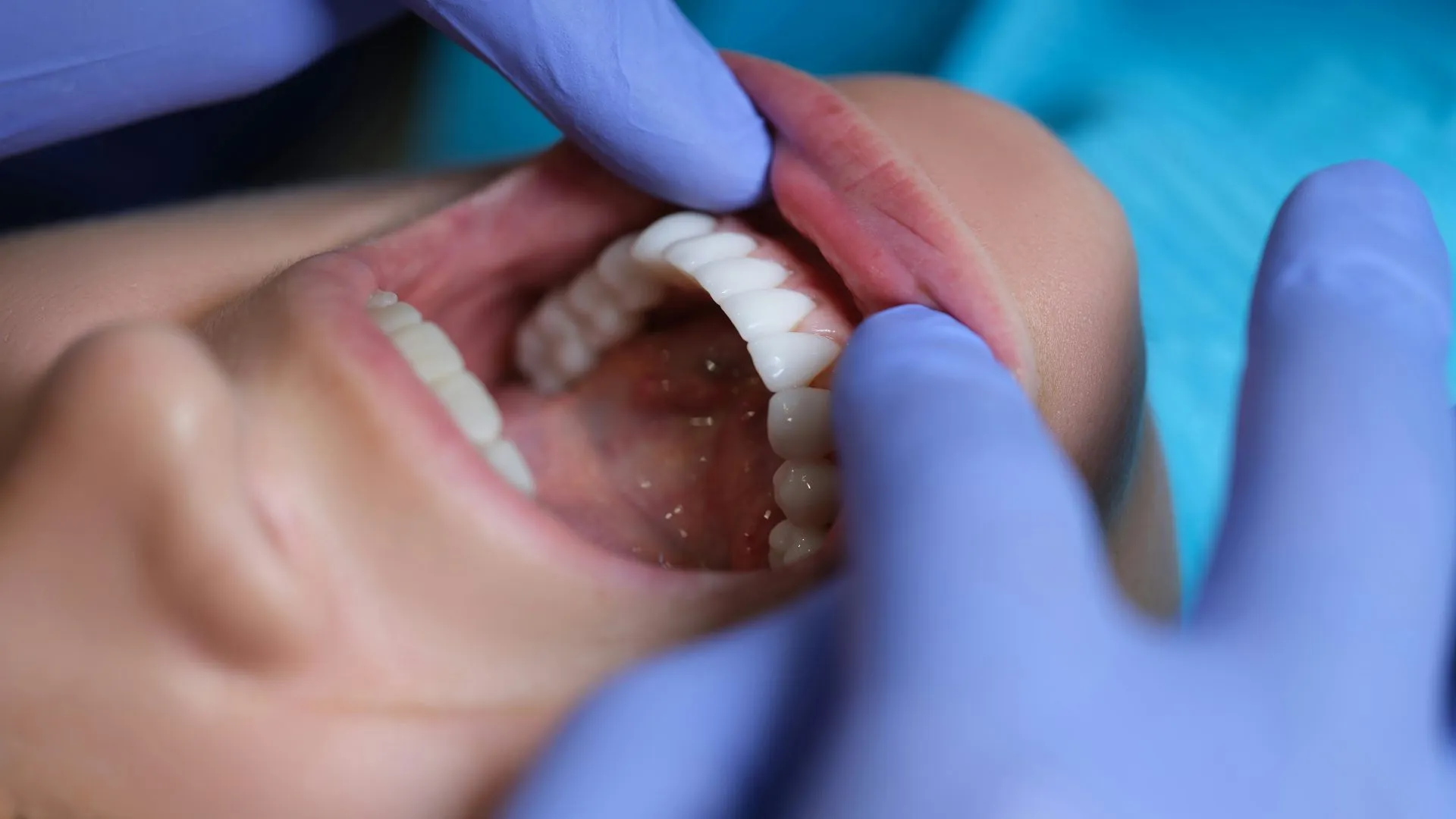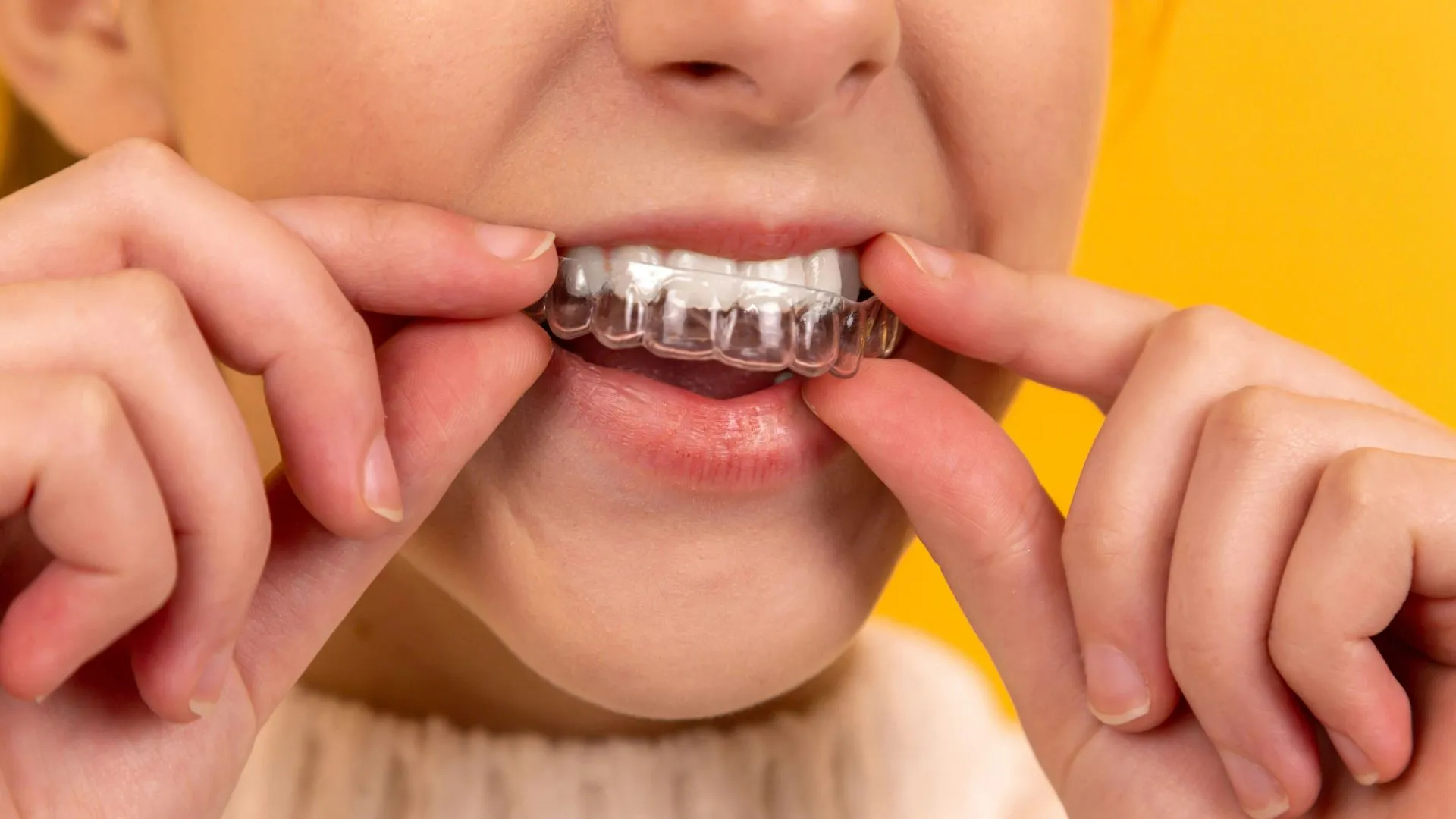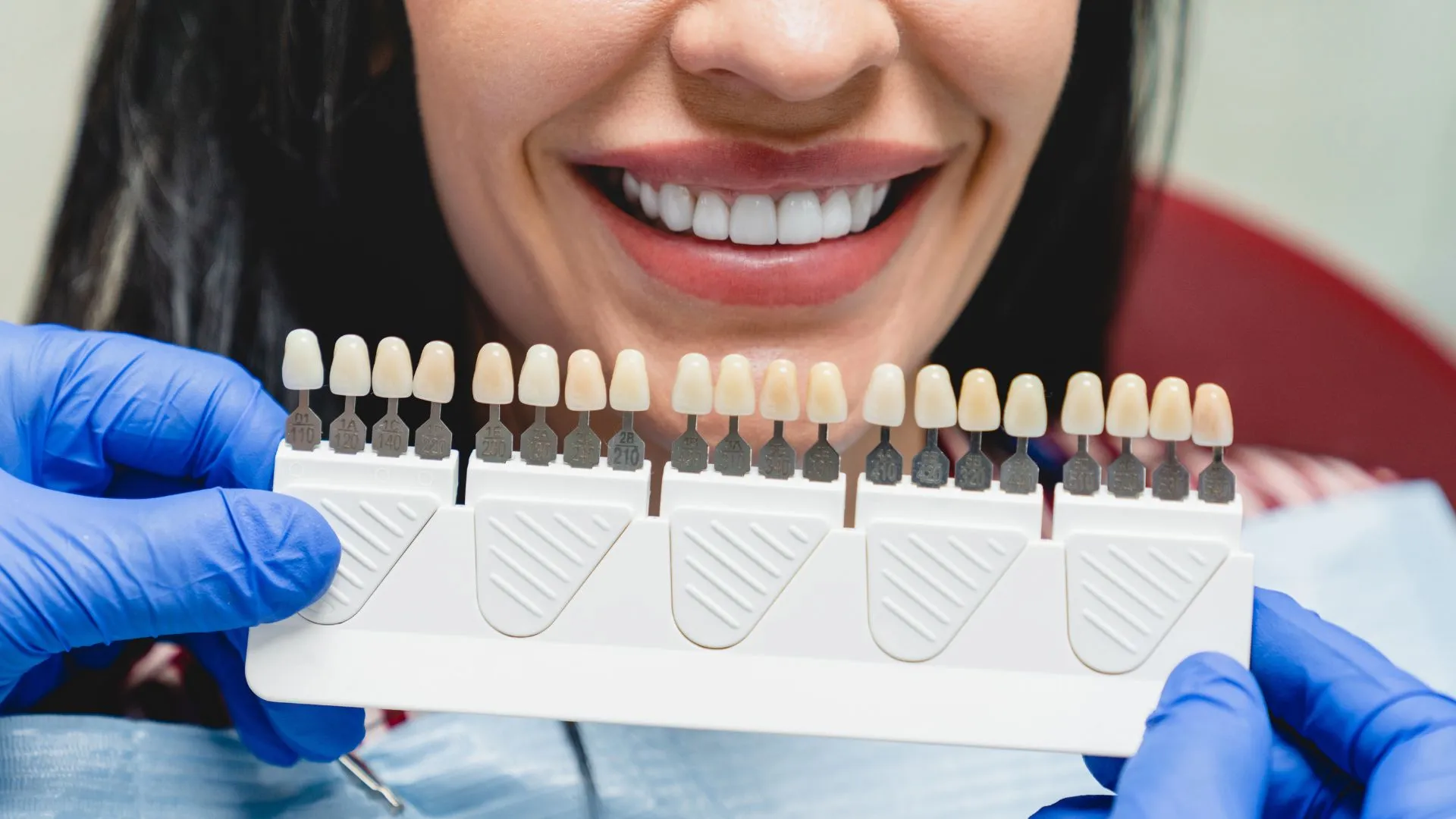Are your gums starting to recede? If so, you need to see a dental professional right away. Read on to learn what gum disease is, why gums can recede, and how these issues can be treated.
Have you noticed your gum line creeping away from the ends of your teeth, making your smile look “longer?” Receding gums is a sign that your gum health seriously needs professional help.
At Image Dental in Stockton, California, our providers offer the pinhole surgical technique, which can improve your gum health and restore your smile if you’ve dealt with gum recession. In this blog, our providers explain why gums can recede in the first place.
The basics of gum disease
Gum recession is a common sign of periodontal disease affecting the gum tissue. The first stage of gum disease is gingivitis or inflammation of the gums. This is usually heralded by tenderness when brushing, bleeding of the gums when brushing or flossing, and tooth sensitivity to heat or cold.
The second stage of gum disease is periodontitis. This is when the gum recession starts. The gums pull back from the teeth, leaving open pockets where bacteria settle and multiply. This causes inflammation, making the gums pull away from the teeth even more.
Over time, gum recession can cause your teeth to appear longer, usually with light crescents of enamel above the line at which your gums formerly covered your teeth. If left untreated, the gums will continue to recede until open spaces between the teeth at the gum line.
Receding gums should be taken seriously as a sign of poor gum health. If a dental professional doesn’t address the issue, you could have severe gum infections, abscesses, and tooth loss.
Three reasons why your gums are receding
You could suffer from periodontal disease and gum recession for many reasons. Here are three common factors:
1. Your at-home oral health care routine needs work
The health of your teeth hinges on your ability to care for them. If you aren’t brushing and flossing correctly and with the right supplies daily, you must step up your game to stop your receding gum line.
Use a soft bristle brush, don’t press down too hard while brushing, and don’t brush for longer than two minutes at a time. Follow up with a gentle but thorough flossing, and always rinse your mouth to flush away stray food particles.
2. You haven’t quit smoking
Smoking and using other tobacco products, including chewing and vaping, can contribute to gum recession. When you smoke, you constantly pull harmful chemicals and hot air through your mouth, damaging your teeth and gums.
Smoking dramatically affects your dental health, leading to increased yellowing, bad breath, and gum disease. It also hinders your body’s ability to heal itself, which prevents your gums from recovering.
3. You suffer from chronic dry mouth
A dry mouth is more than just a matter of discomfort. Your saliva is crucial to removing bacteria and plaque from your gums and teeth because germs thrive when the mouth is humid but dry.
If an illness or medication is causing chronic cotton mouth, try to keep a water bottle on hand to swish and swallow. Also, consider chewing sugar-free gum to keep saliva flowing during the day.
Treating gum disease
In its early stages, periodontal disease can usually be reversed by practicing a good oral hygiene regimen and going to regular dental checkups.
If your case is more severe, such as if your gums have receded enough to show the roots of your teeth, infection becomes a genuine danger. However, advanced procedures, such as the Pinhole® surgical technique, can be used to restore gum tissue and promote recovery.
If you’re suffering from gum recession, bad breath, or other symptoms of gum disease, call 209-392-5688 or book an appointment online with Image Dental today.



